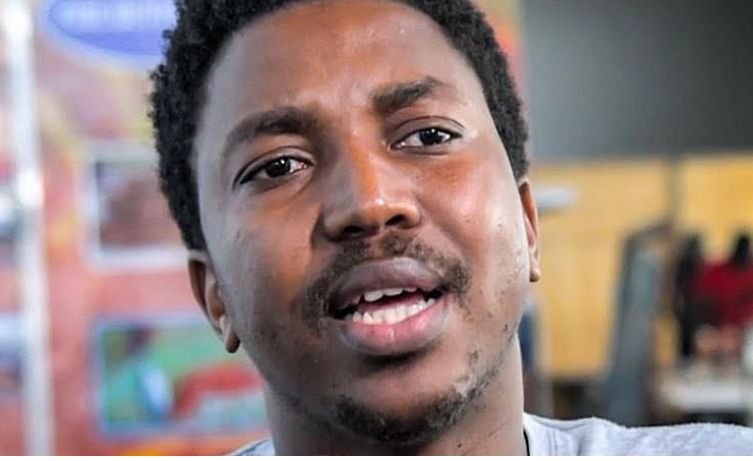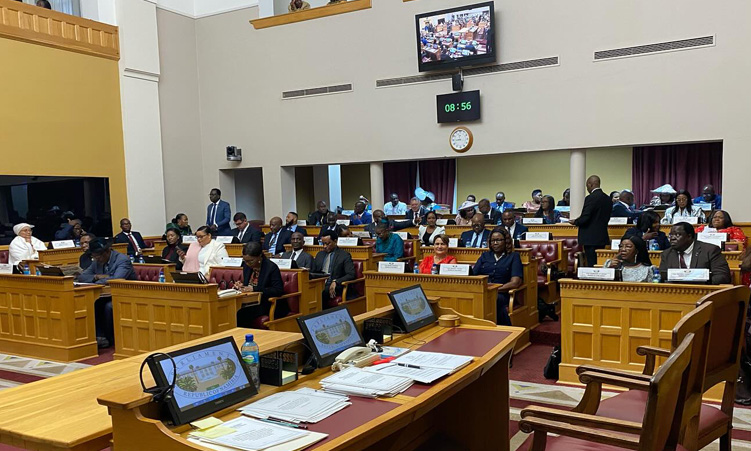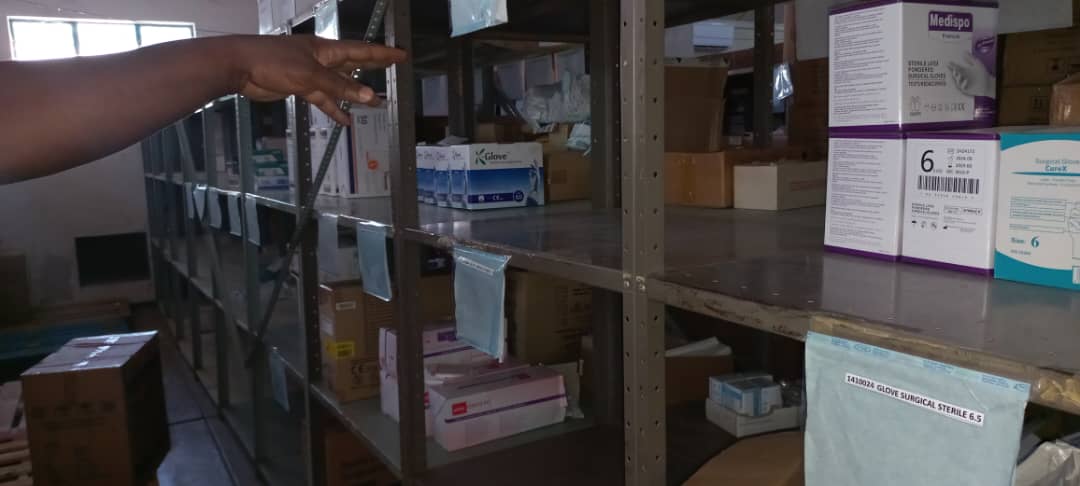NAMIBIA, a country of open spaces and unique natural resources, is increasingly challenged by the problems of land degradation, climate change and the loss of biodiversity.
In the driest country south of the Sahara, we are particularly vulnerable to the ravages of deforestation, soil erosion and bush encroachment and all three have recently become progressively worse in most parts of the country. We ourselves are ultimately responsible for these problems, which stem from lack of conservation, poor management of resources and wavering commitment among land users.
This makes Namibia an excellent candidate for the Land Restoration Training (LRT) programme, a programme of grassroots conservation and capacity building as modelled in the island nation of Iceland. Iceland’s LRT Programme aims at contributing to poverty eradication and environmental sustainability in developing countries, through training of professionals in areas related to desertification and land degradation. This means facilitating networking in future projects, creation of institutional linkages with developing countries and developing courses on special issues related to land degradation and restoration.
The programme is rooted in the United Nations Convention on Combating Desertification (UNCCD) and contributes directly to the Millennium Development Goals (MDGs) – in particular, of ensuring environmental sustainability (goal 7), eradicating extreme poverty and hunger (goal 1) and promoting and empowering women (goal 3). Next year, if successfully evaluated, the LRT will be recognised as a United Nations University training programme, strengthening the expertise of the United Nations University in the significant field of land restoration.
In 2008, with encouragement from the Gobabeb Training and Research Centre (GTRC), we had the opportunity to participate in the programme’s second pilot phase. In total, six participants (three Namibian, two Ugandan and one Mongolian) attended the training for six months. We were accompanied by Rabanus Shoopala from the Ministry of Agriculture, Water and Forestry.
Why Iceland? Iceland may seem like a curious conservation partner for Namibia, with its massive glaciers, high basalt mountains and arctic climate. This island with its small population has a long history of severe land degradation problems caused by over-exploitation through wood cutting and over-grazing under harsh natural conditions. The country was once the most degraded in the world, having lost 95 to 97 per cent of its woodlands in the last 1 100 years.
Today, Iceland is on the top of the list of countries fighting land degradation with a 100-year record of conservation activities. One example is the ‘Farmers Heal The Land’ project that stimulated Icelandic farmers’ interest in caring for the land. This bottom-up approach made land users the true custodians of the land by putting them in the spotlight to take action toward conserving the land.
Many farmers voluntary re-vegetated areas by planting trees, applying fertiliser and sowing and harvesting seeds. Numerous success stories about stabilising desertified land and making land productive have put Iceland in a position to demonstrate land restoration worldwide.
Drawing upon Iceland’s century of land-care experience, the government-sponsored LRT programme is designed to explore and find solutions to the challenges that hamper land restoration.
One of the lessons we learned from various case studies and interviews with people from different backgrounds and countries are that, although environmental problems differ in some parts of the world, the root causes of such problems are connected.
The importance of involving local people at the start of the restoration and other conversation projects, for example, is often underestimated. Local people – although at the heart of the land degradation problem – still get less involved in projects, especially at the planning and implementation stage.
In most cases, they are given orders instead of tools to address the problems themselves. They also require time to reverse decades of degradation. This top-down approach has been practised in many developing countries and has been the reason why many projects have failed.
In Namibia, even after almost 12 years (since Namibia adopted the UN Convention to Combat Desertification in 1996), some progress has been made but desertification and land degradation problems continue to be a major threat.
According to the LRT philosophy, local people should be made aware of the benefits gained by being involved in projects. Furthermore, local people should be given leadership roles in development projects, so as to feel empowered to take responsible decisions and have ownership of the outcomes. The state and NGOs should facilitate and give support wherever possible.
Emphasis should be on education (through research, training) and creating awareness to allow people to develop a mind-set and a passionate attitude toward the environment. Projects should, right at the start, undergo a project cycle where all stakeholders together can ‘pack and unpack’ the opportunities and risks that might hinder the success. Collaboration and active participation from all possible stakeholders (local people, service providers, decision-makers, scientists, students, investors, etc) is essential.
Another lesson from the programme is that there is no single recipe to rehabilitating, reclaiming and restoring degraded land. Areas differ in terms of geomorphology, climate and ecology, so that a method that has worked in one area might not work in another. It is thus important to integrate both scientific and local knowledge when designing restoration or any conservation activities. In addition, gaining practical knowledge through research and hands-on training is very important.
Development programmes can only have a positive impact if the knowledge gained is applied, and most importantly, if we Namibians put our heads together with a passion to share and educate about the environment. Special thanks to our organisation, Gobabeb Training and Research Centre, for their support and commitment to environmental and land degradation programmes, and to the Government for forming links with Iceland.
*Emily Mutota is the Acting Outreach Co-ordinator at Gobabeb Training and Research Centre while Tami Kapalanga is the Data Management Technician.
Stay informed with The Namibian – your source for credible journalism. Get in-depth reporting and opinions for
only N$85 a month. Invest in journalism, invest in democracy –
Subscribe Now!










